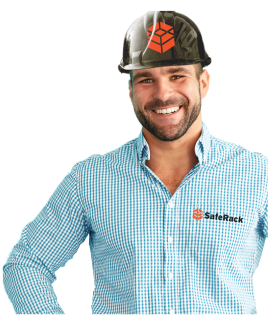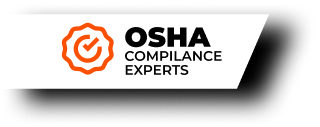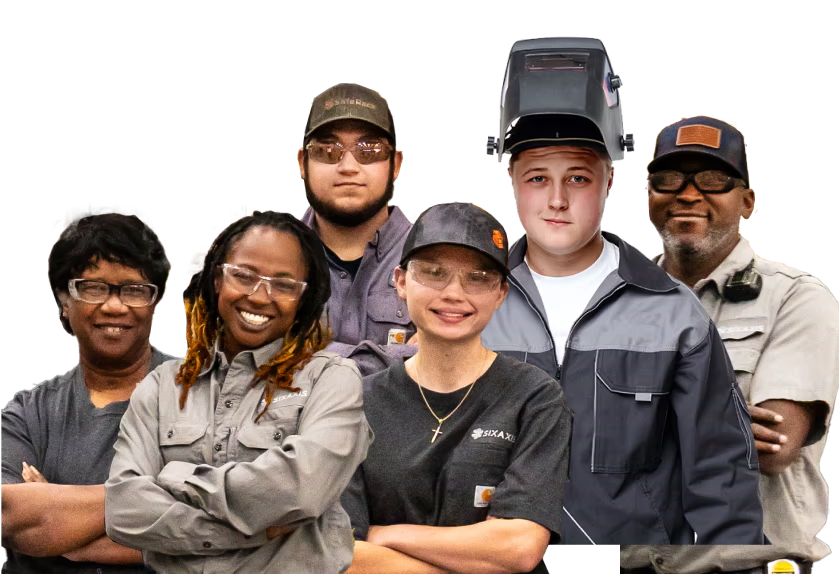Ultra-IBC Spill Pallet Product Training:
Comprehensive Guide for Industrial Safety Professionals
SafeRack’s product training program equips safety professionals, facility managers, and equipment distributors with comprehensive knowledge of industrial spill containment solutions. This training module focuses on the Ultra-IBC Spill Pallet, our highest-capacity containment solution designed for maximum protection in industrial chemical storage applications.
Training Overview: Ultra-IBC Spill Pallet
This training session covers essential product knowledge for the Ultra-IBC Spill Pallet, including technical specifications, application guidelines, regulatory compliance, and proper selection criteria. Whether you’re a SafeRack distributor, safety professional, or facility manager, this training provides the expertise needed to recommend and implement effective spill containment solutions.
Module 1: Understanding IBC Storage Requirements
What is an IBC?
Training Objective: Establish foundational knowledge of Intermediate Bulk Container applications and containment requirements.
Key Learning Points:
- IBC definition: Intermediate Bulk Container, also known as totes or tanks
- Function: Large-scale chemical storage, similar to 55-gallon drums but significantly larger capacity
- Industrial applications: Chemical processing, manufacturing, distribution, and storage facilities
- Containment challenges: Larger volumes require specialized spill prevention systems
Training Application: Understanding IBC characteristics enables proper containment system selection and ensures compliance with EPA regulations for various container sizes.
Module 2: Ultra-IBC Spill Pallet Technical Specifications
Product Construction and Materials
Training Focus: Technical knowledge for product specification and customer consultation.
Key Specifications to Master:
- Construction Method: Rotationally molded for seamless, leak-proof design
- Material: 100% polyethylene (linear low-density polyethylene)
- Dimensions: 59″ x 59″ x 33″ overall size with 52″ x 52″ grating surface
- Containment Capacity: 400 gallons – highest capacity for single IBC pallets
- Weight Capacity: 16,000 pounds – maximum load rating in product line
Training Application: These specifications enable accurate product recommendations based on customer container sizes, weights, and facility requirements.
Structural Engineering Features
Training Emphasis: Understanding design features that differentiate this product from alternatives.
Critical Design Elements:
- Removable grating for maintenance access and spill cleanup
- Two internal support structures engineered for extended heavy-weight applications
- Accommodates virtually any IBC, tank, or tote currently available
- Designed for continuous loading over extended operational periods
Module 3: Product Selection Training
When to Recommend Ultra-IBC Spill Pallet
Training Objective: Develop decision-making criteria for proper product selection.
Primary Selection Criteria:
Maximum Capacity Requirements:
- Customers requiring highest available containment capacity (400 gallons)
- Applications with heaviest IBC loads (up to 16,000 lbs)
- Facilities prioritizing maximum spill protection over mobility
- Operations with large-volume chemical storage demanding comprehensive protection
Regulatory Compliance Needs:
- EPA spill containment regulations for containers up to 400 gallons
- Facilities requiring documented compliance for environmental audits
- Applications where regulatory violations carry significant penalties
When NOT to Recommend Ultra-IBC Spill Pallet
Training Focus: Understanding product limitations prevents customer dissatisfaction.
Key Limitations:
- Mobility Constraints: Lacks forklift pockets for direct handling
- Movement Requirements: Requires wooden handling pallet for repositioning
- Fixed Installation: Best suited for stationary storage applications
- Space Considerations: Larger footprint may not suit compact facilities
Module 4: Alternative Product Training
Comparative Product Knowledge
Training Requirement: Understanding complete product line enables optimal customer solutions.
Ultra-IBC Spill Pallet Plus:
- Lower containment capacity than standard Ultra-IBC Spill Pallet
- Integrated forklift pockets for easy repositioning
- Ideal for facilities requiring mobility with substantial containment
Ultra-IBC Berm System:
- Two-component design: inner pallet plus outer containment berm
- 6′ x 6′ outer berm provides complete 400-gallon containment
- Flexible configuration options for varying facility layouts
- Alternative approach for facilities with specific space requirements
Module 5: EPA Compliance Training
Regulatory Knowledge Requirements
Training Objective: Ensure accurate compliance guidance for customers.
EPA Spill Containment Regulations:
- 400-gallon containment capacity compliance threshold
- Prevention of environmental violations and associated penalties
- Protection from cleanup costs and operational disruptions
- Liability protection from environmental incidents
Best Practices Implementation:
- Proper installation on level, stable surfaces
- Adequate clearance for container placement and removal
- Appropriate drainage provisions per facility requirements
- Regular inspection and maintenance protocols
Railcar Track Pans
SPCC & EPA Compliant Track pans for capturing hazardous spills from railroad tankers and railcars
Truck Spill Containment
SPCC & EPA Compliant Truck Spill Containment Solutions
Drum & IBC Spill Containment
Interior and exterior SPCC compliant and EPA approved spill pallets
Containment Berms
Spill containment berms for industrial needs such as fueling stations, chemical storage, and mobile containment
Module 6: Installation and Maintenance Training
Proper Installation Guidelines
Training Focus: Ensuring customer success through proper implementation.
Installation Requirements:
- Level surface preparation and stability verification
- Clearance planning for safe container handling
- Integration with facility drainage systems
- Compliance with local environmental regulations
Maintenance Training
Ongoing Support Knowledge:
- Regular grating and internal support inspection procedures
- Prompt spill removal and cleanup protocols
- Periodic capacity and structural integrity assessments
- Documentation requirements for compliance records
Module 7: Customer Consultation Skills
Needs Assessment Training
Training Application: Effective customer consultation leads to proper product selection.
Assessment Questions:
- Container sizes and types in current use
- Weight requirements for loaded containers
- Mobility needs for storage operations
- Facility space constraints and layout considerations
- Regulatory compliance requirements and audit schedules
Solution Presentation
Training Skills: Professional product presentation and recommendation.
Presentation Elements:
- Technical specification alignment with customer needs
- Regulatory compliance benefits and protection
- Long-term operational advantages
- Maintenance and support requirements
- Integration with existing facility systems
Training Assessment and Certification
Knowledge Verification
Successful completion of Ultra-IBC Spill Pallet product training requires demonstration of:
- Technical specification knowledge and application
- Proper product selection criteria and decision-making
- EPA compliance requirements and customer guidance
- Installation and maintenance best practices
- Effective customer consultation skills
Ongoing Training Requirements
Continuous Learning:
- Product updates and specification changes
- Regulatory requirement modifications
- New application discoveries and case studies
- Customer feedback integration and service improvements
Advanced Training Resources
SafeRack provides comprehensive training support through our Regional Area Manager network, technical documentation, and hands-on product demonstrations. Our training programs ensure distributors and safety professionals have the knowledge needed to recommend appropriate solutions and support customer success.
Ready to enhance your product knowledge and customer consultation skills? Contact SafeRack today to access our complete training curriculum and certification programs. Our experienced team provides ongoing education support to ensure you stay current with product developments and industry best practices.
The training content reflects current product specifications and regulatory requirements. For the most current information and specifications, consult SafeRack technical documentation.






